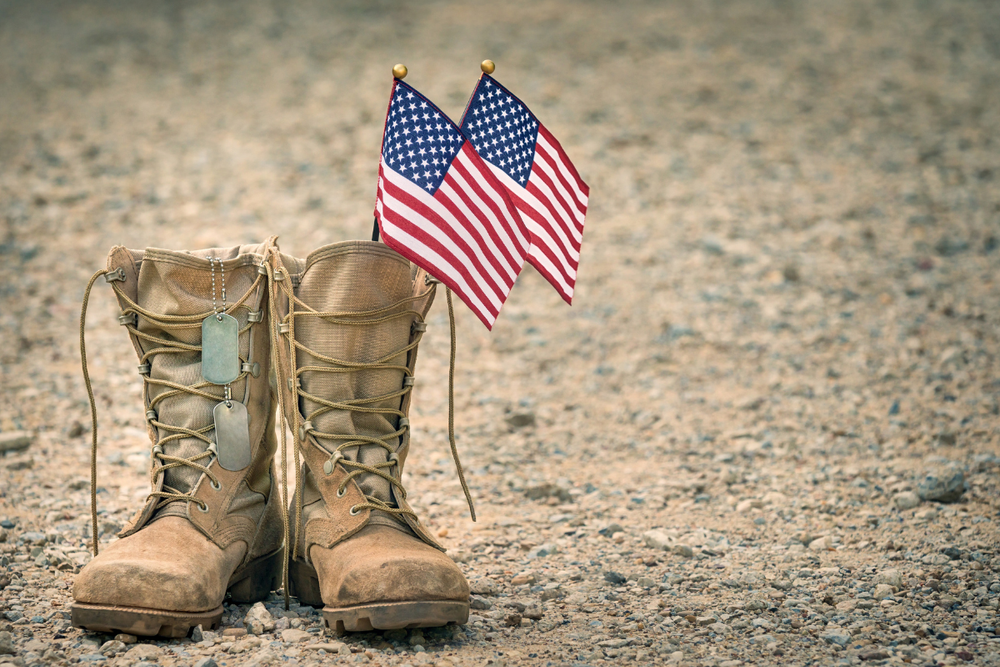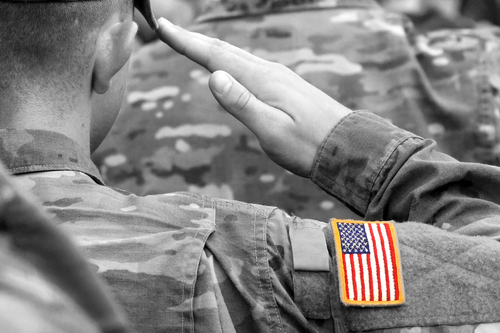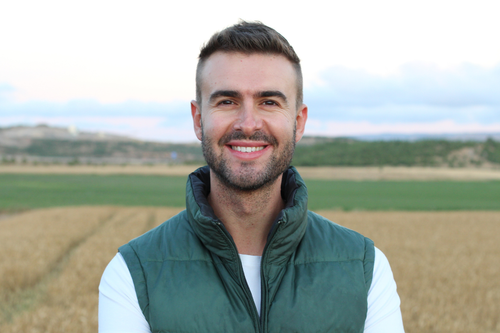When most Americans think about the typical jobs for veterans, agriculture may not immediately leap to mind. Service members leave the military with plenty of skills and the right initiative to succeed in the workforce.
Support a veteran-owned business and shop Z&M Wines.

Creating Agricultural Jobs for Veterans
However, the fact is that the hard work and dedication that agricultural work requires fit naturally with military experience. The Farmer Veteran Coalition recognizes this synergy, and works to promote more military veterans in agriculture.
The Farmer Veteran Coalition began back in 2006, with two researchers from the University of New Hampshire’s Carsey Institute. Bill Bishop and William O’Hare determined that rural American families suffered disproportionate casualty rates fighting in Iraq and Afghanistan.
Bishop and O’Hare observed that young people from rural areas tended to enlist at higher rates. Accordingly, they asserted, rural populations suffered higher casualty rates than other areas in the country.
In 2007, a group interested in creating jobs for veterans returning from war met at Swanton Berry Farm in California. Among that group were three Gold Star mothers, including Mary Tillman, the mother of Pat Tillman. This meeting proved to be the beginning of the Farmer Veteran Coalition.
This group’s mission was to assist veterans returning to their rural small towns, where veteran-specific services might be limited. Furthermore, they were concerned with veterans returning to remote areas with limited opportunities. The Farmer Veteran Coalition (FVC) founders believed in the potential of their farms to help veterans regenerate, grow, and develop.
In the months that followed, the group’s small band of volunteers worked to identify and reach out to similar groups. However, of the 40,000 veteran advocacy groups that existed at the time, they were unable to find any.
The Farmer Veteran Coalition Takes Root

Michael O’Gorman was the man who called that first meeting at Swanton Berry Farm. O’Gorman’s agricultural resume experience was extensive when he left his job in 2008 to commit full-time to the FVC. Up until that point, he had been overseeing 1,600 acres in Mexico for Jacob’s Farm/Del Cabo.
O’Gorman’s 40 years’ farming experience in California meant he had an extensive network of growers and farmers already in place. His CV was an inspiring story: O’Gorman first entered agriculture with no experience, financing, or education. Ultimately, he became a successful organic farmer ready and willing to mentor young men and women in similar situations.
After pitching the FVC’s mission to various relevant people and groups, O’Gorman finally found the right audience. That audience was the US Department of Agriculture (USDA).
It was during the Coalition for Iraq + Afghanistan Veterans (CIAV) Government Partners’ Day in 2009. The USDA representatives in attendance that day realized the potential symbiosis in helping FVC create agricultural jobs for veterans. They could attain their department goal – 100,000 new farmers – while revitalizing the rural communities from which many veterans derive.
Over the years, the FVC’s coalition of public and private sector partnerships grew. In 2015, its membership of veterans surpassed 4,500 men and women. Today, it is a 501(c)3 non-profit with around 300 new contacts a month.
How the FVC Helps Farmer Veterans

A group dedicated to expanding agribusiness jobs for veterans doesn’t grow exponentially without a lot of hard work and solid results. Its services for veterans fall into two main categories: the Farmer Veteran Fellowship Fund and Homegrown by Heroes.
Farmer Veteran Fellowship Fund
The Farmer Veteran Fellowship Fund is a small grant program for novice farmers. Open to honorably-discharged veterans who are operating agricultural businesses with viable business plans, grants range from between $1000-$5000. These grants go to vendors who provide products or services that the applicant needs to help launch their agricultural business.
In return for these grants, veteran applicants agree to regularly report their progress and to mentor other farmer veterans. Additionally, the FVC expects awardees to work to positively affect the broader community of farmer veterans.
Homegrown by Heroes

Homegrown by Heroes is the FVC branding initiative with a difference; the label reflects a business’s values and priorities.
Homegrown by Heroes status reflects half-ownership as well as 50% management control of an agricultural business by veterans.
To qualify, veterans must have either an Honorable discharge or a General (Under Honorable Conditions) discharge. Additionally, these businesses create products in which HBH-certified producers supply 50% of ingredients. To be eligible to apply, farmer veterans must be members of the FVC.
The HBH-certified label tells consumers what kind of business they are patronizing, and the principles for which the owners stand. Moreover, it’s effective marketing, since it invites interest, questions, and discussion. Products featuring the distinctive HBH label are unmistakable at the farmers market and on the shelves.
Today, currently over 2,000 businesses boast HBH-certification. That’s more than 2,000 agribusinesses helping bridge the civil-military gap through good food, drinks, and related products. As the HBH label demonstrates, agricultural jobs for veterans are frequently entrepreneurial.
Z&M Twisted Vines Winery and Vineyard: A Proud FVC Member and Homegrown by Heroes-Certified Business

Z&M is proud of their FVC membership and HBH certification. Co-owner Bryan Zesiger is a retired Army aviation officer who is proud of his career of service to the nation. That legacy of service continues today, beginning with Z&M winery’s location outside the gates of Fort Leavenworth, Kansas.
The bottle labels feature tributes to military units and military history, as do the imaginative names: Hellfire, Household 6, Blackhawk Blackberry, and more. Other military and veteran-owned businesses with which Z&M partners include Burr Roasters in Leavenworth and Barreras Family Farm.
By the same token, Z&M’s mission today is focused on the surrounding civilian community. They do this by holding events at their winery in Leavenworth as well as at their vineyard in Lawrence. Likewise, Z&M uses produce from local farmers to make their Farm to Table wines.
Whether you want to support a veteran-owned business, local agriculture, or simply try something new, stop by Z&M. We’d love to see you for a wine-tasting or at one of our many community events!
